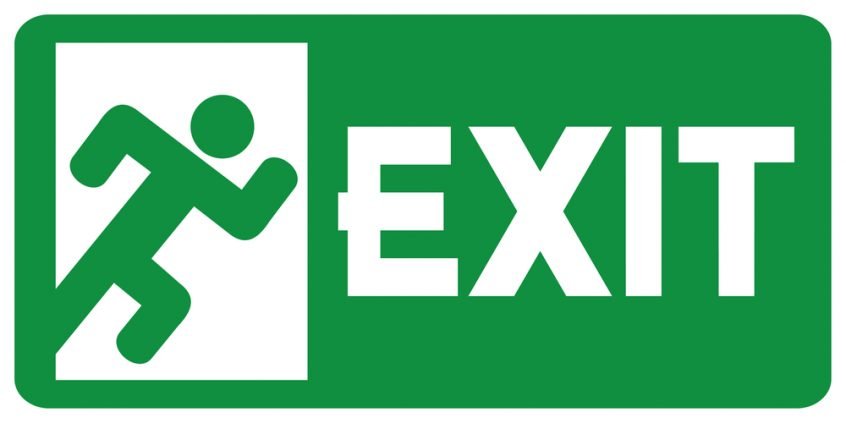An entrepreneur lives for the struggle of launching their business. But an often forgotten fact is; decisions made in the beginning can have implications well into the future of the business. As it turns out, once you build the business and your fortune, you need an exit strategy to get the money back out.
As accountants we like to plan ahead. And as much as we love watching our clients build their fortunes, we challenge them to think beyond the now.
Reasons for exiting a business can include decreasing profits, increasing competition, changes in health or life goals, retirement or cashing in on your success. You may even decide to exit your business because it’s growing too quickly. Some exit their business voluntarily, while others may have no choice.
Successfully transitioning out of your business can be a lengthy process with financial, legal and operational obligations.
Exit options: ways to exit your business
Hand me down: succession planning
Spending years of blood, sweat and tears building your business only to sell it on the open market might not be as appealing as passing it on to someone you know and trust. This exit strategy is known as succession planning.
Succession ensures the ongoing success of the business through a smooth transfer of control. This requires a lot of planning. A formal succession plan should define exactly who, when and how they will take over the business.
Shutting up shop: closing your business
If your business is failing or in decline, it may be difficult to sell. In this case you may decide to close it down. Closing a business involves selling off business assets, paying off debts and keeping whatever money is left. In extreme situations, closing a business may involve an official declaration of insolvency (bankruptcy).
There’s a range of legal requirements involved in closing a business, as well as financial and emotional costs. These costs will affect you, your employees, and other stakeholders in your business.
For sale: selling your business
Deciding to sell a business is a major decision. Planning the sale of your business involves making specific decisions about why, when and what you are selling, and who you are selling to.
Financially, the best time to sell is when your sales and profits are increasing. The market will then put a higher value on your business and motivate potential buyers.
For further information on how to exit your business, successfully talk to us.
Love the blog? Subscribe to receive it fortnightly.
What do you think?
We would love to hear your thoughts! Feel free to submit your comments below or comment on our Facebook Page or Twitter.

